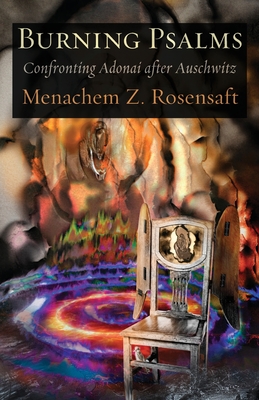My brother was only five years old // Adonai our mother taught him // to love You that You // would not let him stumble // would not let him fall Out of the horror of the abyss, the narrow places of his family's history, Menachem Rosensaft has written a Book of Psalms that laments, accuses, rages, weeps and yet, somehow, still addresses God. The son of two Auschwitz survivors, Rosensaft imagines the voice of his older brother, Benjamin, who perished in the gas chambers before Menachem was born. His 150 psalms are masterful recreations of the original texts, turning praise into dirges, festivals into mourning - until subtly suggesting a hint of comfort through the mere fact of their existence. "A legal scholar by trade, the author has published multiple works that combine memoir, poetry and Holocaust remembrances. In these pages, responding to all 150 Psalms individually, the author balances his mastery of Jewish theology with a raw writing style that is unafraid to question, lash out at and lament God's seeming passivity in the face of evil. ... A haunting reimagining of the Book of Psalms." -Kirkus Reviews "These searching, unflinching new psalms express an agonizing crisis of faith as Rosensaft, like the original psalmist, addresses his god directly, but in agony and expecting silence in response. ... The hauntingly sparse poetic style is as contemporary as the key question is ancient: How could a compassionate god permit the chosen people to face such darkness? ... Searing lamentations on divine silence and abandonment during Holocaust." -Booklife "Like the Book of Psalms of the Bible, Menachem Rosensaft's psalms speak for our souls. With a gift for expressing even the most hidden thoughts and feelings, his psalms give voice to the horrors and trauma that haunt children of Holocaust victims and survivors. Burning Psalms is one of the most powerful Jewish expressions of our day." -Susannah Heschel, PhD., Eli M. Black Professor of Jewish Studies, Dartmouth College "In every generation, the Biblical Psalms have provided humanity with a theological lexicon for the challenges and opportunities that come with standing in God's presence. In this extraordinary volume, Menachem Rosensaft - poet, advocate for humanity and child of Holocaust survivors - has recast the sacred poetry of the past into a vade mecum for those presently seeking meaning in the extended shadow of the Shoah. Faithful both to the text and the burning questions that sit on our broken hearts,











